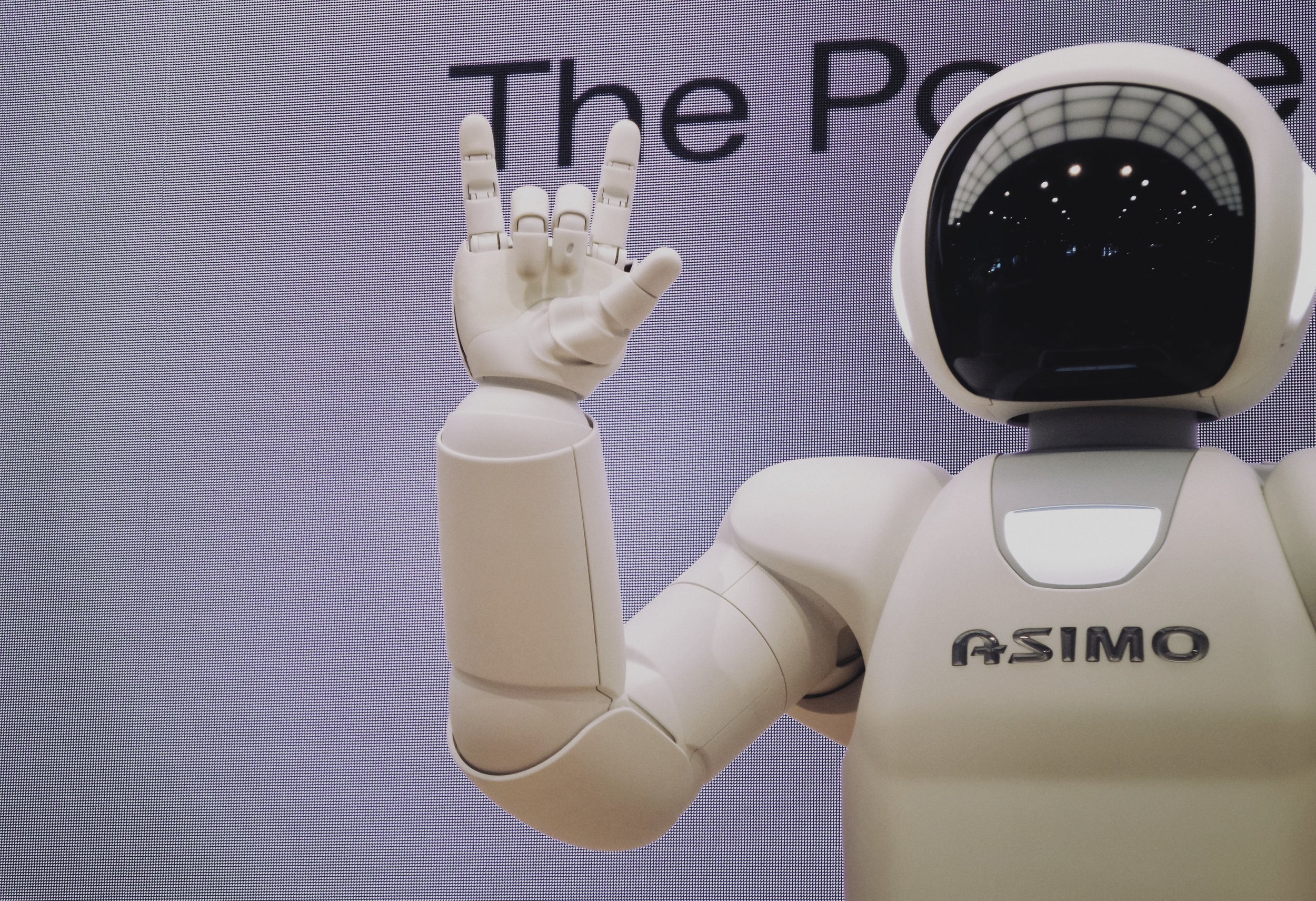Common Applications of AI and their Misconceptions from a Student of Archbishop Mitty High School
Learn from a high school student about common applications and misconceptions of AI in the real-world.
Image from Unsplash
What is AI?
AI is computers learning from data to achieve complex objectives rather than following a series of task-specific instructions. It will soon be applied nearly everywhere, in every industry. Some people mistakenly believe that AI does not relate to them whatsoever; as a matter of fact, AI is already prevalent in our daily lives and will continue to grow in its influence.
What can AI be applied to?
If you use any device that detects spoken words—Siri or Alexa, for instance—you are using a common application of AI. If you see a recommendation for a video on YouTube, you are clicking on a video that AI has recommended for you.
If you play complicated games like Go or chess against a computer, you are playing against an AI program. If you see a push notification from Google Maps regarding how long it takes for you to get to work, you are receiving a prediction from AI.
Besides daily routine, AI can also be applied in many of our major interests and future fields of study.
In sports, for example, AI is being used in data collection, injury prevention, strategizing, advertising, choosing camera angles for match broadcasts, and refereeing.
In the arts, researchers “try to create AI tools that can generate music — and paintings, and poetry — that’s just as compelling as the human-made kind.” These are just two specific examples of AI being applied in activities you may be involved in. AI is also being used in the workplace more often. The following image shows more possible applications of AI, but this is by no means a complete list.
Misconceptions about AI
Due to some forms of mass media, some people may be led to believe that AI is evil and will take over the world if it gets too powerful. People also believe that the unemployment rate will skyrocket if AI continues to develop. In truth, however, AI will be used to just develop more tools for people to use, so that people who currently perform specialized jobs can be more efficient. For example, in the field of healthcare, AI is already currently being used in creating personalized technology that monitors patients, expanding access to healthcare, developing more advanced radiology tools (x-ray, MRI, etc.), and more. These applications of AI are clearly helpful to doctors, but they will not replace human doctors.
How to Get Started Learning AI
Because AI is a central part of our daily lives, it is beneficial to know at least the basic ideas behind how it functions. Maybe you are not currently interested in computer science, but AI will probably be relevant in some way or another in your major field of study in the future. Some of you might be thinking, I don’t have any computer science experience. I can’t learn about AI. I can tell you, though, that you can start learning about AI with relatively little computer science experience. When I started with Inspirit, I had very little coding experience, but they taught me all the concepts necessary to get started.
With that being said, I strongly encourage checking out YouTube videos like Mark Rober’s Machine Learning and Baseball video or, if you have a basic understanding already, 3Blue1Brown’s Deep Learning series. With that being said, if you want some hands-on experience like I had when I first started to learn about AI, or just some interactive instruction, I would definitely recommend signing up for an Inspirit AI course or joining the AI club at your school if your school has one. With all these resources available to you, hopefully you will take the first step in your AI journey soon.

